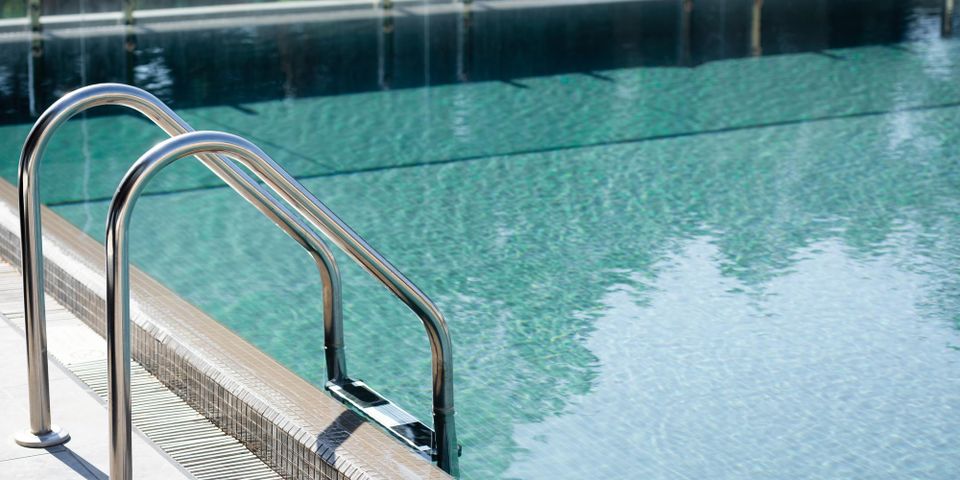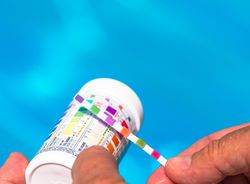
A swimming pool gives you a place to relax, exercise, and spend quality time with friends and family. Regular maintenance is key to keeping the water clean and safe. Upkeep can seem daunting if you aren’t sure where to start. Here’s some information to help you take care of your pool.
A New Pool Owner’s Guide to Maintenance
How do I keep my pool clean?
Every day, remove leaves with a net and empty the skimmer basket to prevent dirt buildup. Clean the tiles by running the pool vacuum once a week to promote water clarity and an algae-free environment.
In the summer, have the water super-chlorinated every one to two weeks. This is the process of increasing chlorine levels to kill all active bacteria when the pool is used regularly.
How often should I backwash my filter?
Backwashing is a technique used to flush contaminants from the pool’s filter. It prevents dirt and pollutants from circulating back into the water. How often it needs to be done depends on the type of filter you have.
To determine the right time, monitor the pump’s pressure gauge. Any increase of over 10 pounds per square inch indicates that it’s time to backwash. Typically, diatomaceous earth filters require backwashing every one to three months. For sand filters, it’s recommended every one to four weeks.
What is the proper pH level for a swimming pool?
 A pool’s pH measures the level of acidity in the water. It should range from 7.2 to 7.8. Readings lower than this indicate that the water is acidic, which could corrode metal fixtures over time. If the level is higher, chlorine’s effectiveness will diminish and the water can get cloudy.
A pool’s pH measures the level of acidity in the water. It should range from 7.2 to 7.8. Readings lower than this indicate that the water is acidic, which could corrode metal fixtures over time. If the level is higher, chlorine’s effectiveness will diminish and the water can get cloudy.
Staying within this range keeps the pool clean and comfortable to use. Without enough chlorine, bacteria build up in the water and create unsanitary conditions. On the other hand, acidity can irritate the eyes and cause skin and hair dryness.
How often should I test the water?
Use strips to test pH levels every week. Levels will also be tested when your swimming pool is professionally serviced. Since water stays stagnant over the winter, pH levels can lower, so your technician may recommend raising them to 7.8 to prevent bacteria buildup.
The test results will tell you and your technician if it’s necessary to add or remove chemicals to get the water within the recommended range. If the pH value is too high, add liquid or dry acid to the water. If it’s too low, use sodium carbonate.
For help keeping your swimming pool in good condition, turn to Don Marcum’s Pool Care in Cincinnati, OH. Backed by more than 50 years of experience, this pool contractor handles all aspects of maintenance. Whether you need chlorination, equipment installation, or repairs, they’ll provide reliable and affordable solutions. Call (513) 561-7050 to schedule an appointment, or visit their website for additional information on what they do.
About the Business
(144 reviews)
Have a question? Ask the experts!
Send your question

